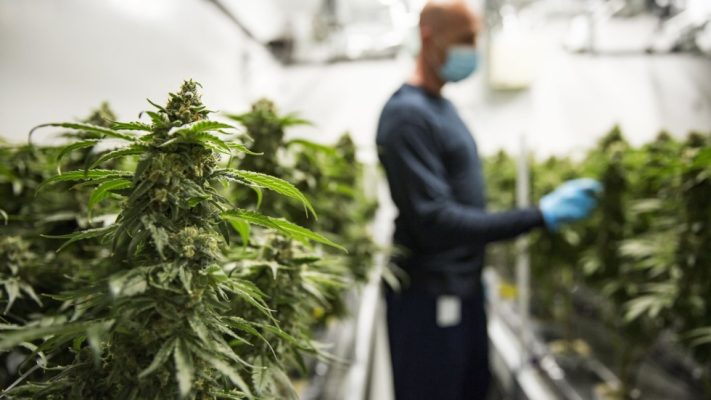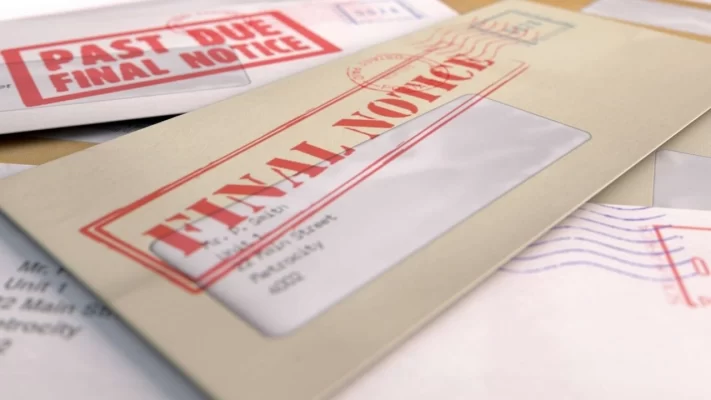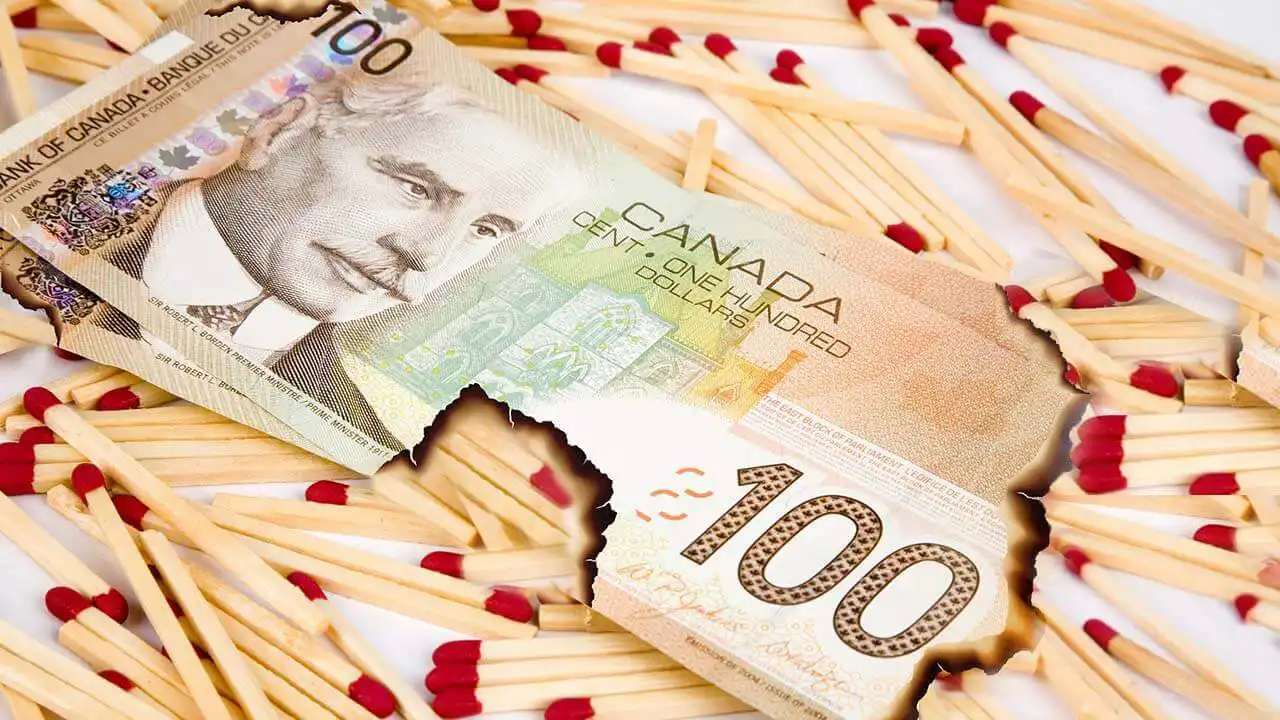Unsettled Debts in the Canadian Cannabis Sector: Government’s Growing Concern
The “Unsettled Debts in the Canadian Cannabis Sector” narrative is becoming increasingly prominent as the Canadian government grapples with a surge in unpaid dues. From faltering cannabis businesses. This alarming trend underscores the myriad challenges faced by Canada’s emerging adult-use cannabis industry. Which is burdened by hefty fees and substantial taxation.
Unsettled Debts in the Canadian Cannabis Sector: A Deep Dive
Recent investigations by MJBizDaily into insolvency filings have brought to light that both the Canada Revenue Agency (CRA) and Health Canada frequently emerge as the most significant unpaid creditors for bankrupt cannabis producers.
In the fiscal year 2021-22, the cannabis sector contributed a whopping CA$1.5 billion ($1.2 billion) to various government levels through mechanisms. Like excise tax, sales taxes, and assorted fees.
However, the landscape of “Unsettled Debts in the Canadian Cannabis Sector” has been changing rapidly. The unpaid federal excise tax and associated fees have witnessed a meteoric rise.

As of March 31, 2023, licensed producers found themselves in debt to the CRA to the tune of a staggering CA$192.7 million. With unpaid regulatory fees nearing CA$4 million.
George Smitherman, CEO of the Cannabis Council of Canada, opines that for a multitude of cannabis businesses. Insolvency is the direct outcome of taxes and fees chipping away at a significant chunk of the overall price.
This “Unsettled Debts in the Canadian Cannabis Sector” scenario is further exacerbated by other determinants such as intense competition. An oversupply of product, and plummeting wholesale prices.
Spotlight on Tantalus Labs: A Case Study in Debt
Vancouver’s Tantalus Labs serves as a recent illustration of the burgeoning debt issue. In June, Tantalus initiated a Notice of Intent for Restructuring.
A meticulous review of their creditors disclosed that the Canadian government responsible for over half of the company’s unsecured debts. Of the CA$8.4 million owed to 92 creditors, a staggering CA$4.5 million was attributed to the Receiver General for Canada.
The narrative of “Unsettled Debts in the Canadian Cannabis Sector” isn’t confine to Tantalus Labs. Other producers, such as Aleafia Health and Phoena Group, have also amassed significant debts. With the Canadian government emerging as the primary unpaid creditor.

Michael Armstrong, an associate business professor, postulates that one rationale for the spiraling debts is the businesses’ ability to defer payments. Especially concerning excise taxes and other governmental fees.
He contends that while these taxes and fees might be apt for a mature industry. They also might be onerous given the current state and evolution of the cannabis sector.
As the Canadian adult-use cannabis industry nears its fifth anniversary, it continues to wade through challenges. Prices in the regulated market have seen a significant dip since 2018, leaving minimal margins after accounting for fixed taxes and fees.
The escalating number of cannabis producers defaulting on their government payments accentuates the need for a reevaluation of the prevailing tax and fee structure.
As the industry matures, stakeholders must strike a balance that ensures business viability while also accruing revenue for the government.





